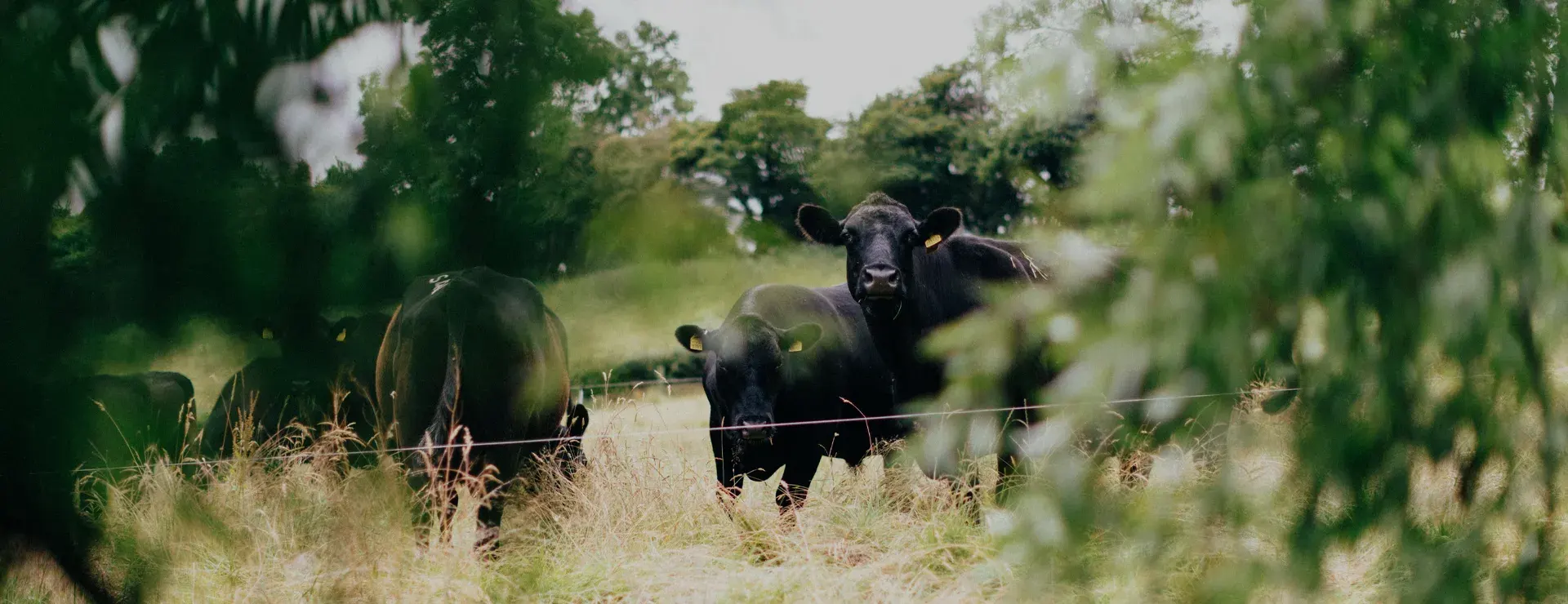
Catalysing the food and farming industry’s shift to regenerative agriculture.
Introduction
Regenerative agriculture training program
Roots to Regeneration (R2R) is a two-year-long experiential regenerative agriculture training program pioneered by Caroline Grindrod and Clare Hill. Its primary aim is to facilitate a ‘whole system’ regenerative shift across the food and farming industry.
R2R is aimed at both farmers and professionals to give a deep and wide learning experience grounded in farm-based examples and embedded in a supportive regenerative community and culture.
This transformative journey includes a supported, regenerative design process, on-farm experiences, engaging online learning, live sessions with guest experts, fortnightly coaching calls, and expert support.
We are currently recruiting for our next cohort of 20 participants, which starts in March 2025.
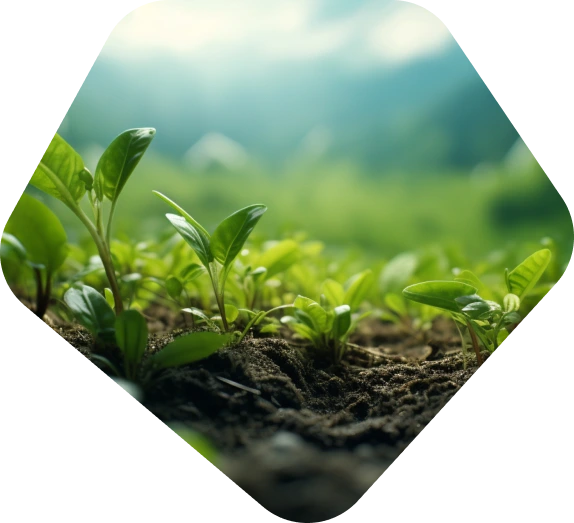

Enter your email for more details
Learn More
You will receive a series of emails covering all of the different aspects of the R2R program in detail, with next-step options.
Learn about our free webinars, prize funds, and bursary awards. No obligation – unsubscribe at any time.


Introduction
What is the problem ?
Our food and farming systems are in trouble. We are suffering from the perfect storm of complex and interconnected issues that are compounding and amplifying each other, leading to a so-called poly-crisis. This could lead to, at best, significant disruption and at worst a catastrophic collapse of the entire system.
We are responding to this situation by doubling down on the mechanistic 20th-century logic and linear thinking that led to this predicament.
However, people, farms, organisations, supply chains and the climate are complex systems that require a different response. A ‘future fit’ food and farming system must be based on living systems logic, designed with regenerative principles, and managed by systems thinkers.
Climate Change
Agriculture is both a victim and a contributor to climate change. Changing weather patterns, extreme weather events, and increased temperatures affect crop yields, water availability, and food security. At the same time, conventional agricultural practices release significant amounts of greenhouse gases and degrade soil, leading to desertification, drought, floods and more CO2 in the atmosphere.
Biodiversity Loss
Intensive agricultural practices have led to habitat destruction, soil degradation, and loss of biodiversity. The reduction in plant and animal species has negative impacts on ecosystem services such as pollination, soil fertility, and pest control, leading to further stress on food systems.
Supply Chain Fragility
The food sector operates on complicated and often fragile supply chains that are susceptible to disruptions, as evidenced by the impact of the COVID-19 pandemic. The dependence on monocultures, long transportation routes, and just-in-time delivery systems has exposed a highly vulnerable food supply system.
Unsustainable Agricultural Practices
Current agricultural methods are predominantly extractive and unsustainable, resulting in soil erosion, nutrient depletion, and chemical pollution. These practices are not only environmentally damaging but also economically and socially unsustainable in the long run.
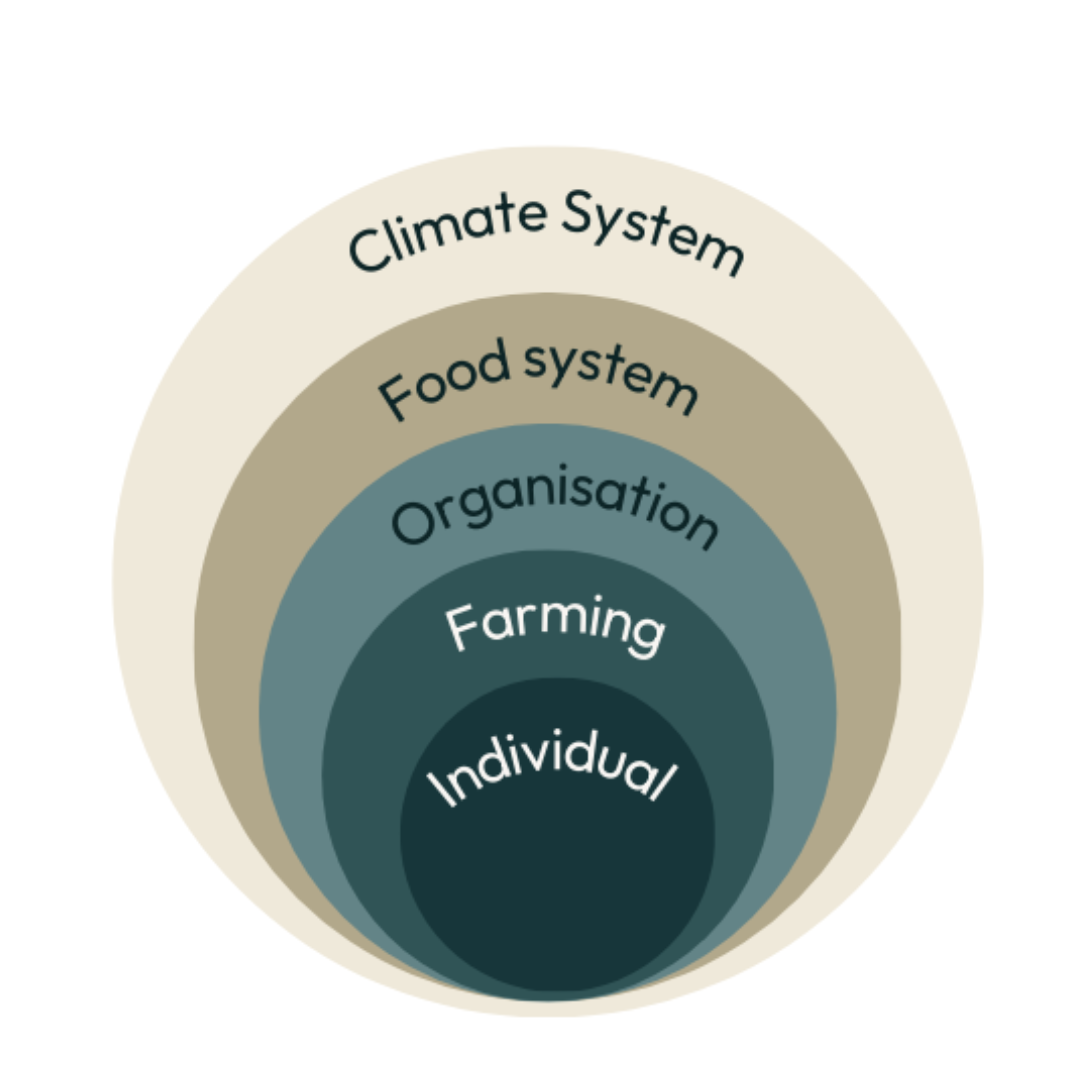
What is the Solution
The R2R program is designed to support the transition of our food and farming system to regenerative agriculture at the ‘whole system’ level. By working with farmers and industry professionals, we catalyse critical nodes in the system to create exponential positive change.
Our program is designed to work on multiple levels at once, synergising into a deep understanding of regenerative agriculture and facilitating the necessary mindset shift toward systems thinking so it can be implemented successfully.
We take the farmers and industry professionals through a regenerative design and implementation process. This sets up our R2R farmers for the best chance of success and offers a metaphor for teaching our industry professionals the regenerative principles of living systems so they can apply them to their businesses or become successful regenerative leaders.

Deadline 18th February 2025

Ready to talk?

Do you know what Regeneration Agriculture is?

What is Regeneration Agriculture
Benefits
Benefits & Outcomes
The R2R program offers a wealth of benefits that equip participants with the knowledge, skills, and support necessary for a successful, rapid and sustainable transition to regenerative agriculture:
Accelerated Transition
Personalised Support
Enhanced Regenerative Knowledge
Comprehensive Planning
Increased Resilience and Adaptability
Positive Environmental and Social Impact
Regenerative Context Development
Potential Funding Opportunities
Access to Expertise
Improved Farm Operations
Training Program
How our Regeneration Agriculture Training is Delivered
The R2R program is structured over a period of two years, providing ample time for participants to immerse themselves in the course content, apply learnings on their farms, and integrate regenerative principles and practices into their daily operations.
The first year will include most of the structured learning and site-based visits. Year two will continue to embed learning, build a supportive community, and offer the chance for some one-to-one tailored support and deeper engagement with your peers.
The next round of the R2R program is scheduled to begin in March 2025.
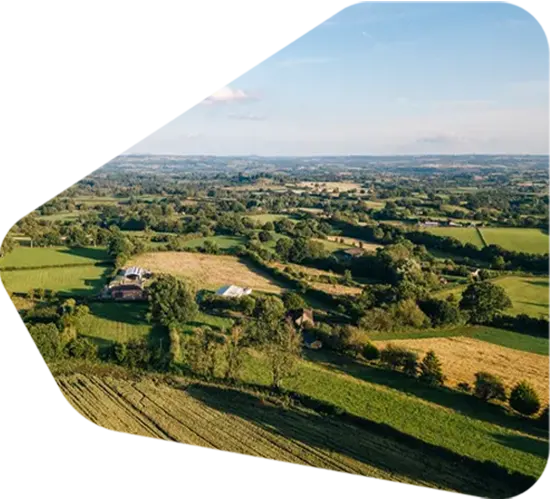
24th – 26th March 2025
Immersive Introduction
Begin your regenerative transition with a 3-day, 2-night immersive stay. Here, you’ll meet your cohort and get a foundational overview of the program.
Optional
Key Milestones at Renowned Conferences
Celebrate our key milestones and catch up with some of your peers at Groundswell, Carbon Calling and Oxford Real Farming Conference.
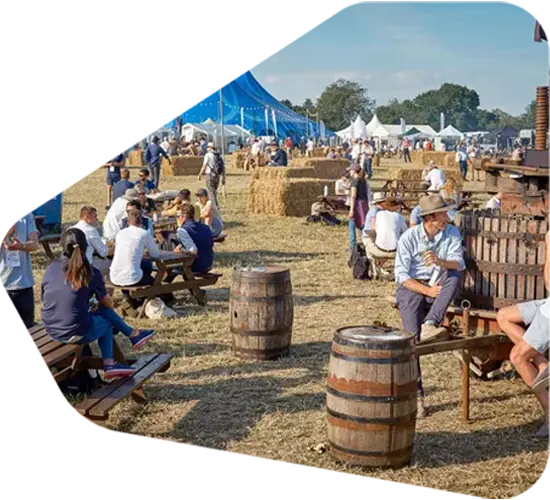
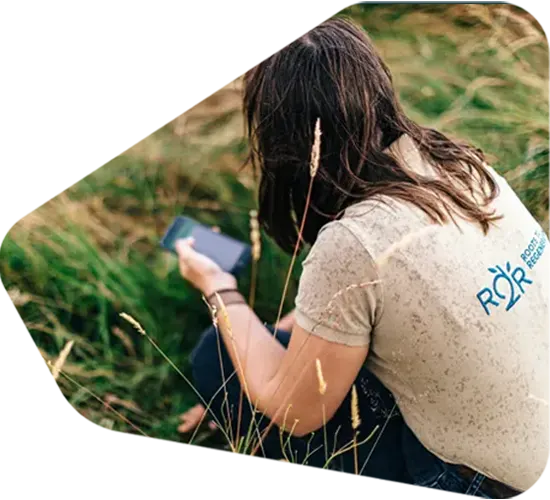
6-8 days in Person
Hands-on Farm-Based Training
- Planton Farm in Shropshire: 3rd- 5th June 2025.
- Gowbarrow Farm in Cumbria: dates to be confirmed (Sept/Oct)
- Brewood Park Farm Staffordshire: dates to be confirmed (Sept/Oct)
Self-paced and virtual
Interactive Online Learning
Delve into five self-paced, multimedia-rich online courses designed to deepen your understanding and sharpen your skills.
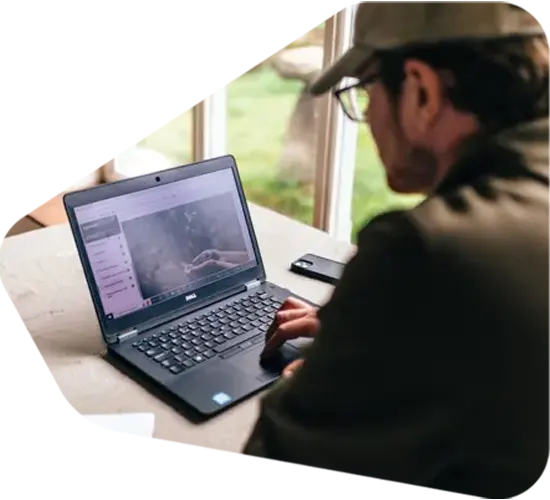

1.5 hours every fortnight
Regular Group Coaching
Benefit from regular, in-depth engagement during fortnightly Zoom learning and coaching calls, ensuring you stay on track and resolve any emerging challenges.
Self-paced virtual
Community Engagement
Tap into the collective intelligence and camaraderie of the R2R community, sharing resources and seeking insights via a dedicated engagement platform.
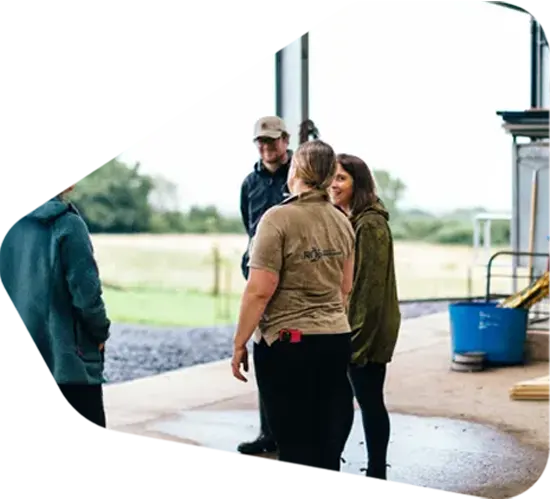
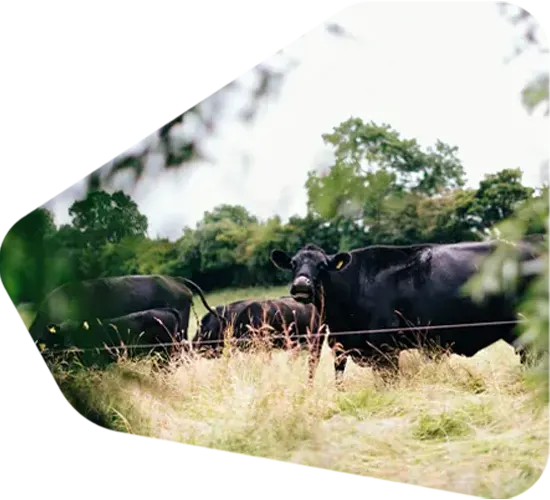
Within the 2 Hours every fortnight
Expert Sessions
Stay updated and inspired with live online training sessions led by industry-leading experts in regeneration.
Ongoing
Peer-to-peer support and learning
Professionals will ‘buddy’ up with a farmer to walk through the design of the regenerative context and implementation of the regenerative principles and practices.
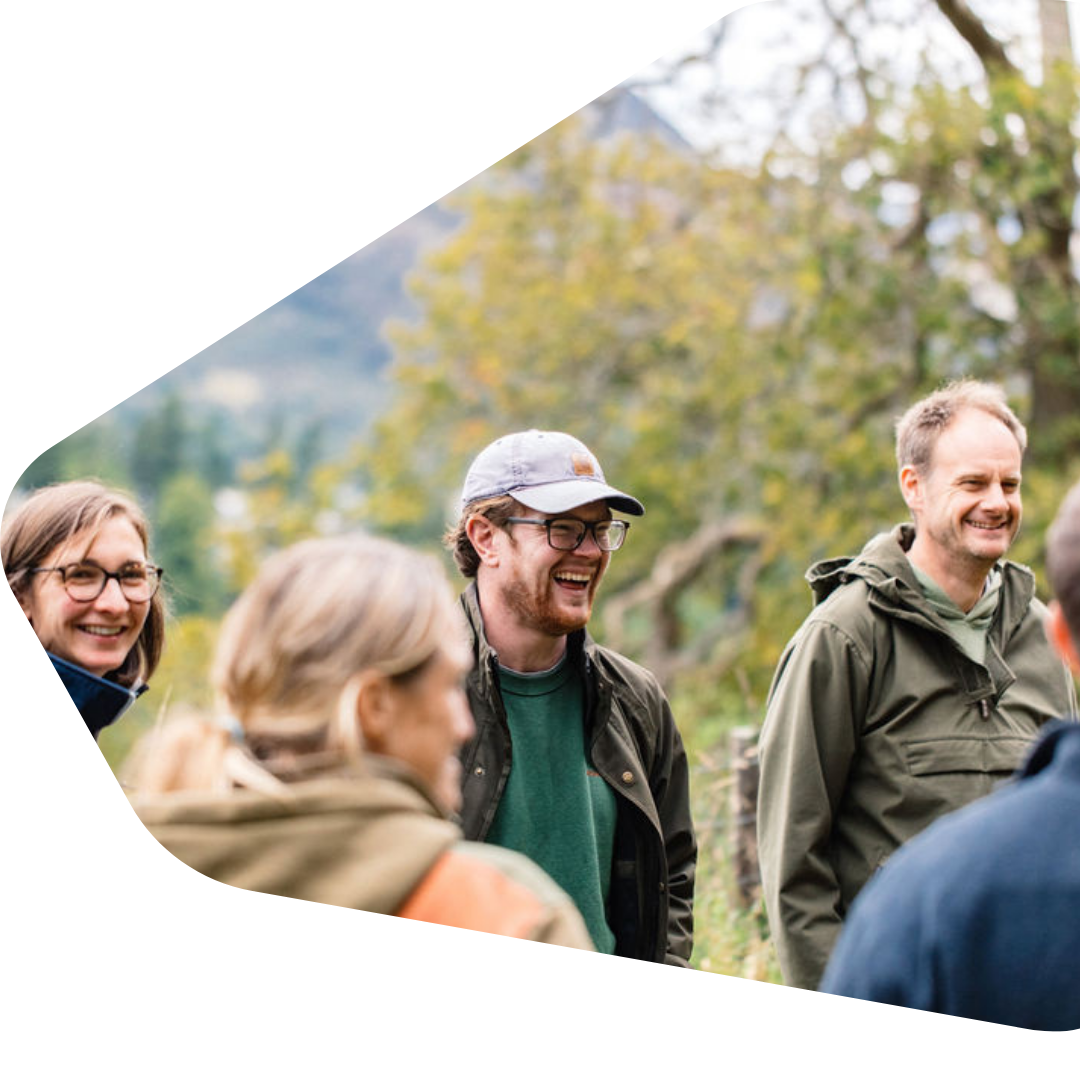
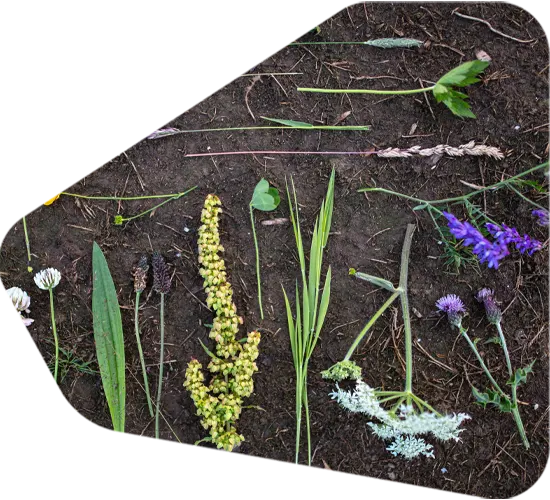
Access forever to online resources
A Living Library of Technical Information
Deep technical self-led learning, and a regularly updated ‘living library’ of resources on the soil, plant, animal, and climate systems.
Ongoing
Practical Hands-on Farming Experience
New entrant farmers will have the option of attending a three-day ‘work experience’ opportunity at Planton Farm.
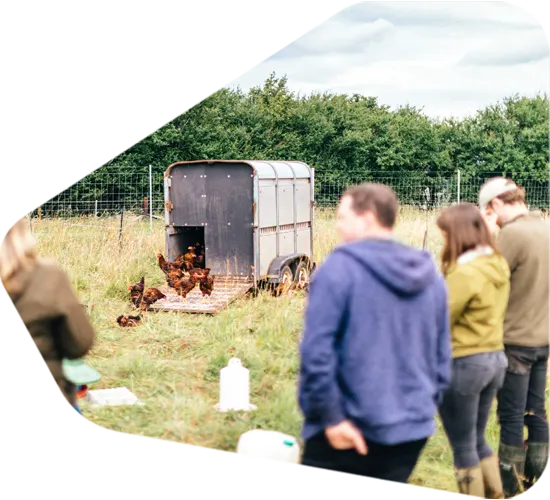
For farmers and professionals
Who’s it for?
In Roots to Regeneration, we have two curriculum pathways or ‘Roots’ – the farmer root and the professional root.
Participants will explore a ‘whole system’ approach to regenerative transition within the food and farming industry, identifying where they can make the most significant impact.
Both ‘Roots’ unite for site-based learning and share the WhatsApp channel, and the same learning format will be applied to teach the content to both roots. However, the specific topics covered and the focus of guest expert sessions will differ between the two pathways.
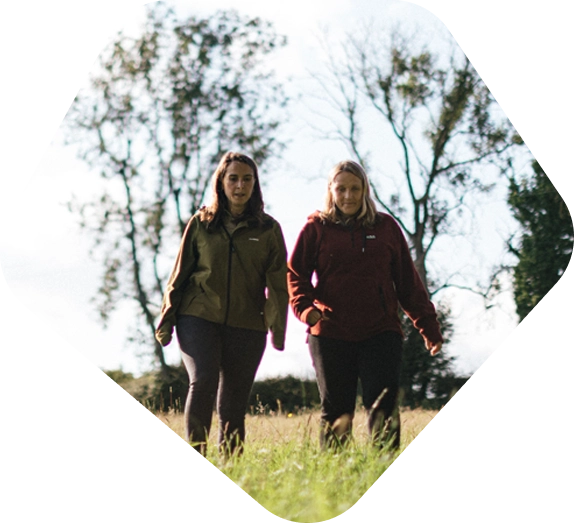

Roots to Regeneration – Professionals Root
Why do we have a professional pathway or ‘root’ in roots to regeneration?
If we want to see a whole system transition to regenerative agriculture we must work with all parts of the food and farming system – and beyond.
‘Regenerative’ is more than a set of practices; it is a paradigm emerging across society. It can be seen in the new world of regenerative business, regenerative economics, regenerative leadership, regenerative development, regenerative design and regenerative living.
The paradigm uses the metaphor of a living system instead of the machine metaphor as the basis for design and thinking.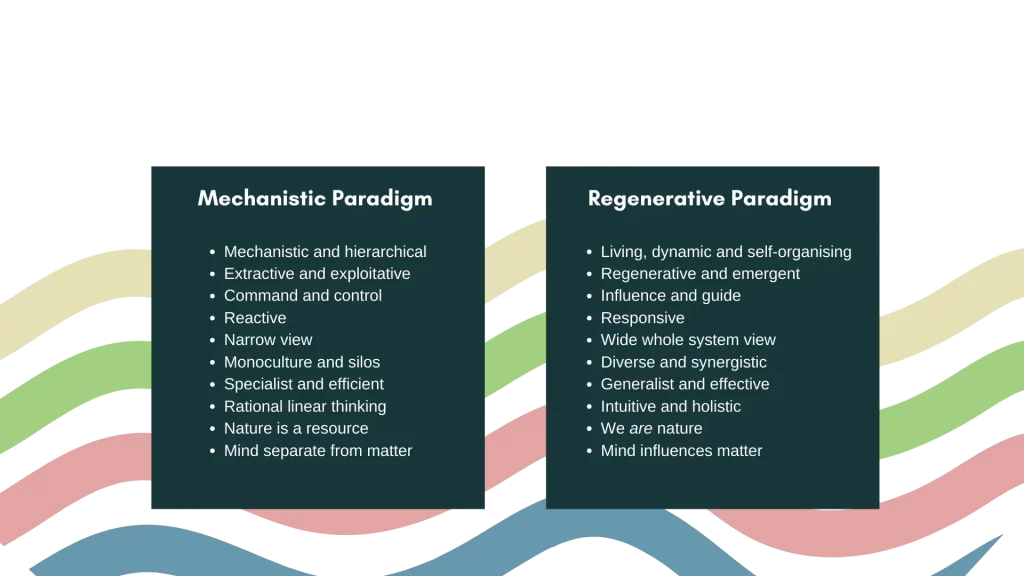
So far, the agriculture industry has been slow to grasp regenerative agriculture’s full meaning and potential. Instead, the industry has mostly initiated projects at the ‘functional’ level of regenerative agriculture, adding ‘regenerative’ practices to existing systems.
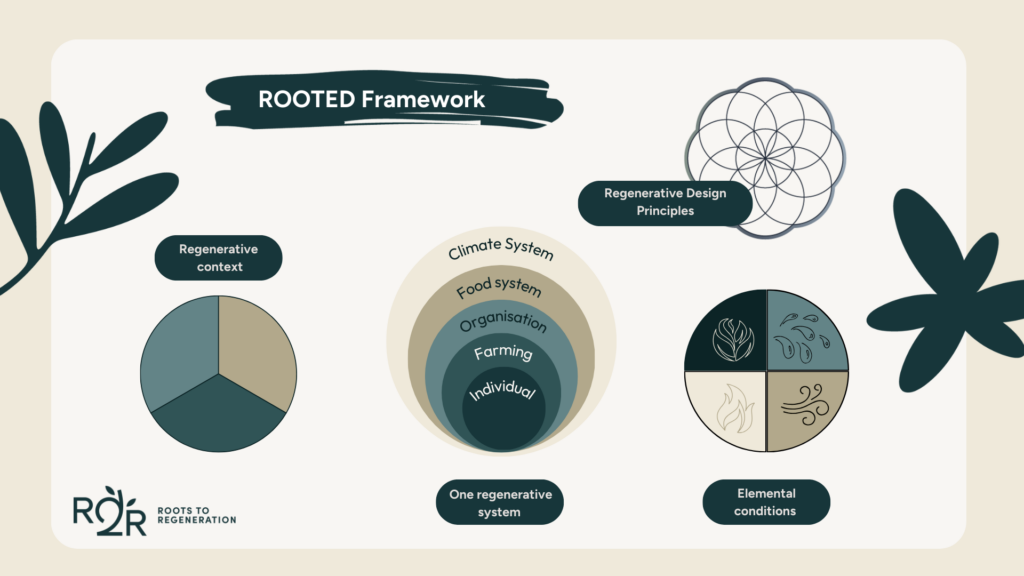
Although adopting regenerative practices may have some benefits, they won’t produce the results needed to avert the collapse of the natural world and our food systems. A narrow mechanistic focus on net zero that leads to imposing new practices on farmers, could actually slow progress towards whole system regeneration.
To design a regenerative future in the food and farming industry, we must catalyse change across key ‘nodes’ in the system.
Through the Roots to Regeneration Professional Root we support food, farming, fibre and financial system professionals in learning the principles of regeneration through the metaphor of designing a regenerative farming system.
Professionals will walk through the regenerative design process with our farming cohort to learn how each regenerative farm must understand its unique environmental, social, and economic context. They will see how regenerative ‘living system’ principles are applied to each farm to craft their unique transition pathway and decide upon the most appropriate regenerative practices for their context.
The process of engaging in a regenerative farm design will help professional participants benefit from grounded learning of the science and technical aspects of regenerative farming whilst simultaneously learning the living systems principles being adopted by innovative businesses and regenerative leaders.
From this new ‘regenerative’ worldview and equipped with the knowledge of the benefits of adopting a ‘systemic’ level of regenerative agriculture, professional participants can find the most effective way to apply their learnings to their specialist profession business or organisation.
In addition to working with the farmers and having access to the topics covered in the ‘farmer root’ section. Professionals will receive training in regenerative business and leadership through a combination of self-led online materials and guest expert speakers.
Topics Covered (Using a variety of learning formats):
- How did we get into this mess? Spiral Dynamics and the story of separation
- A new paradigm in leadership and business
- Applying the rooted framework to your professional context or organisation
- Integral theory and ways of knowing
- Developing an ‘anti-fragile’ regenerative mindset
- Building a capacity for systems thinking and regenerative design through the twelve Regenerative Principles:
- Seasons/cycles
- Holons/embeddedness
- Interdependence/reciprocal/balance
- Uniqueness/niche/place-based
- Closed loop/renewable/zero waste
- Fractal/patterns
- Communication across the whole/networks
- Diversity/complexity/resilience/synergies
- Adaptation/slow feedback loops/learning
- Evolutionary/succession/ developmental
- Decentralised/polycentric/empowered
- Nodal action/the field
- The ‘whole system’ view of climate.
- Becoming a regenerative leader – our role in shifting the system.
Core Topics
Core Topics Covered by the R2R Program
Explore our FAQs for answers to your questions about about our services, booking process, and more.
Introducing how we can enhance the elemental conditions for primary production and the tools we have available to regenerate our farm ecosystem. An introduction ‘whole system function’ and how we leverage complexity to reduce inputs and slash costs.
Being a successful regenerative farmer requires you to be able to solve multi-dimensional complex problems and address the root causes. We give you tech tools and teach you ways to become a systems thinker and solve problems so they don’t re-occur.
A regenerative farm is as unique as a fingerprint of people and place. We go through a detailed process of scoping the unique opportunities and challenges your landscape and lives present so we can co-create the most optimal regenerative, resilient business and management plan for your farm.
We take a ‘whole system’ approach to the health of your livestock and explore how we can design a genetic selection strategy to minimise problems. We go through your current veterinary health plan and find ways to be more proactive so we can prevent disease rather than require the use of harmful cures that damage the ecosystem.
Building on the whole system function training and applying your systems thinking skills, you will brainstorm how your management may be leading to dominant problem species (weeds, pests and disease) and might be causing a lack of resilience in your system. You will then design a proactive plan to change the management to enhance the conditions for missing species and reduce the conditions for problem organisms.
We do a deep dive into the principles of regenerative grazing, including infrastructure considerations and optimising livestock production and health. You will then co-develop your first summer and winter grazing plans in a workshop setting and be given the tools and resources to develop your own plans in the future.
Over several sessions concluding a comprehensive online resource we will do a deep dive into the soil, covering the physical, chemical and biological aspects of soil health. We look at optimal nutrient management strategies and ways of reducing artificial fertility inputs without losing production.
We explore how to put pressure on your herd or flock to highlight opportunities to select the animals with the best ‘fit’ for your unique context. We create strategies that will get you there without compromising your profitability or welfare ethics.
We introduce an overview of the many composting or fermentation options that could help accelerate soil and ecosystem regeneration.
Herbal leys can be a great tool in the regenerative toolbox, but for some livestock options, there may be cheaper and better options for creating productive, diverse awards. We give you the options.
On a regenerative farm, we want to create complexity so our ecosystem and income streams are resilient. When starting out, however, adding complexity to an already huge change could cause overwhelm and failure. We teach you smart strategies for adding new enterprises without burnout.
Many regenerative programs focus on soil and plant productivity, but managing our livestock optimally is another way we can optimise productivity, guarantee high welfare and create a safer working environment. We look at herd structure, weaning, and low-stress livestock handling.
We cover some examples of how arable farmers are working with regenerative principles. Our main focus is on optimising plant health so that the plant can drive soil regeneration and is nutrient-dense to become resistant to pests and disease and make the perfect health-promoting food for humans or animals.
We explore the principles of regenerative financial planning and look at the main funding opportunities for regenerative farmers including natural capital options and de-risked bank loan options.
You can not say you are a ‘regenerative’ farmer unless you prove you are regenerating your system. Every context will have a slightly different way of measuring these changes depending on the market they are supplying or the story they want to tell. We introduce you to the options and help you develop a suite of baseline measures that inform management as well as capture the regenerative outcomes.
Enter your email for more details
Learn More
You will receive a series of emails covering all of the different aspects of the R2R program in detail, with next-step options.
Learn about our free webinars, prize funds, and bursary awards. No obligation – unsubscribe at any time.
Ready to talk?
R2R Team
Your Guides to Regeneration
Caroline Grindrod
Director & Regenerative Agriculture Consultant
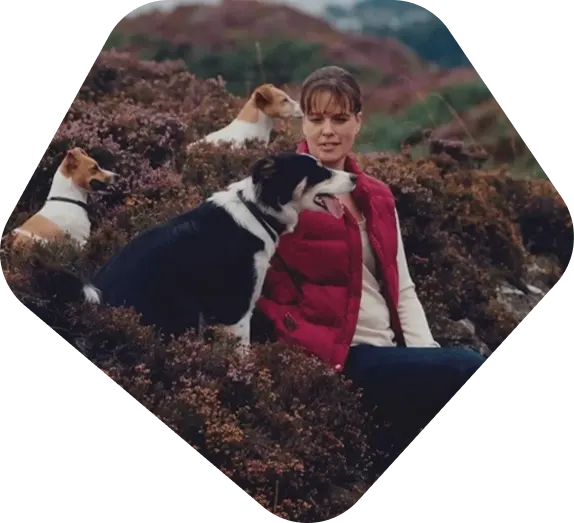
Caroline Grindrod, Director of Award Winning agricultural educator Roots of Nature LTD, is an experienced Regenerative Agriculture Consultant and Coach. As the founder of Wilderculture CIC, she is well-versed in regenerative design and agroecology. In the R2R program, Caroline oversees development, leads research, and heads the accelerator transition for upland farms. She also offers regenerative expertise to enhance technology and promote a ‘second tier’ business culture.
Clare Hill
Co-founder & Lead Trainer in Regenerative Agriculture
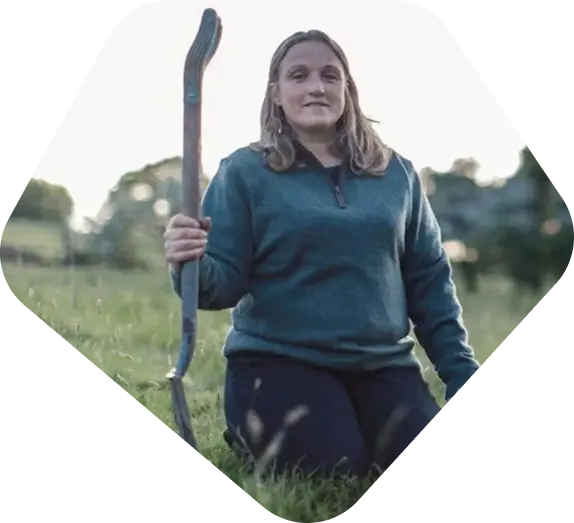
Clare Hill, Co-founder of Planton Farm plays a pivotal role in shaping the vision and strategy of the R2R initiative. With her profound expertise in regenerative agriculture, she stands as a lead trainer for the program, ensuring participants receive in-depth and practical insights. Specifically, Clare is at the forefront of delivering the accelerator transition segment of R2R, focusing on the non-upland context. Her deep-rooted knowledge and hands-on experience in farm transition make her a valuable asset to the R2R program.
Our
Supporting Expertise
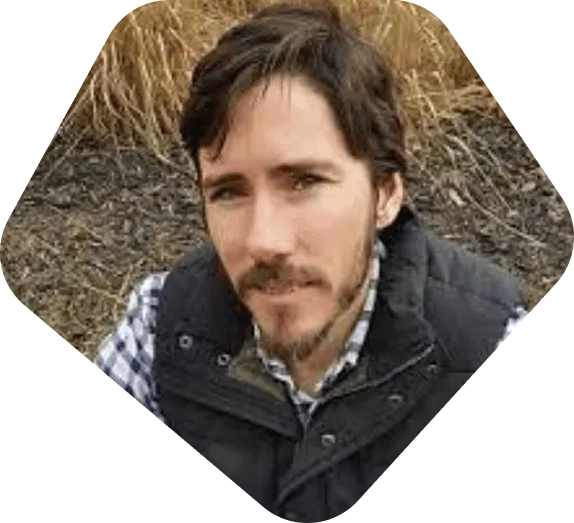
Joel Williams
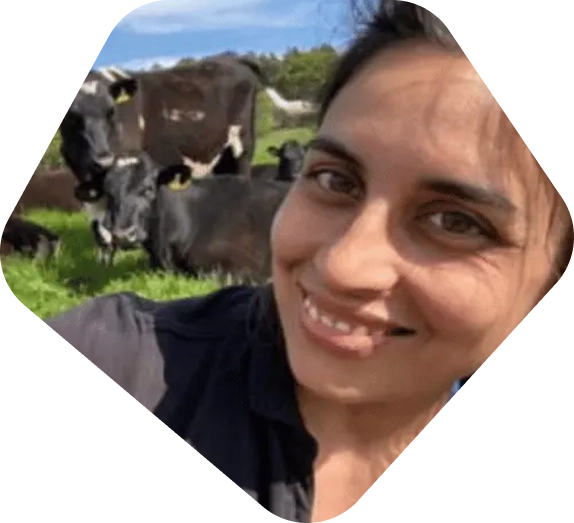
Claire Whittle

Tim Parton
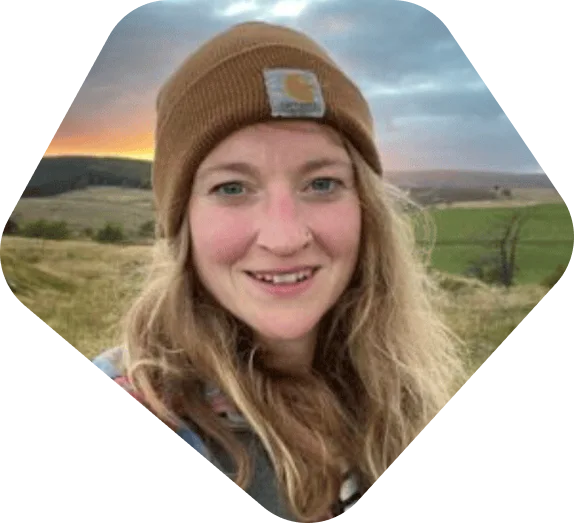
Nikki Yoxall
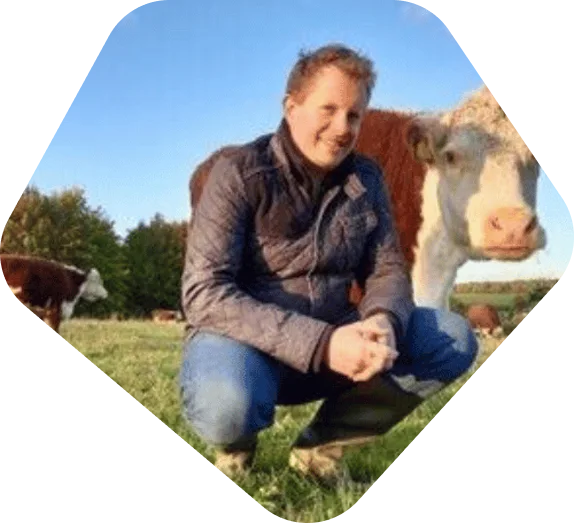
Russ Carrington
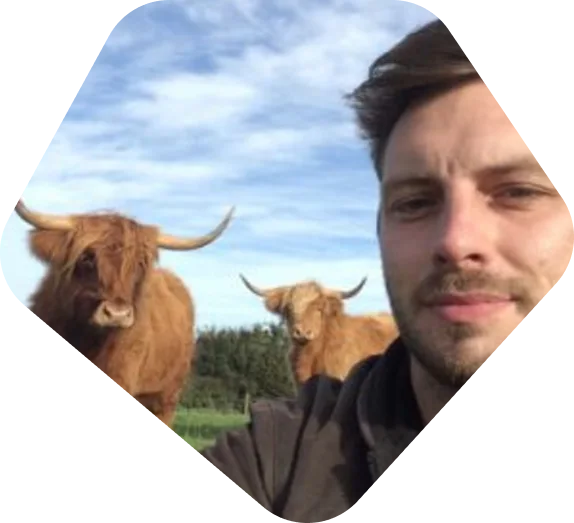
Silas Hedley-Lawrence
Grass Fed Farmer
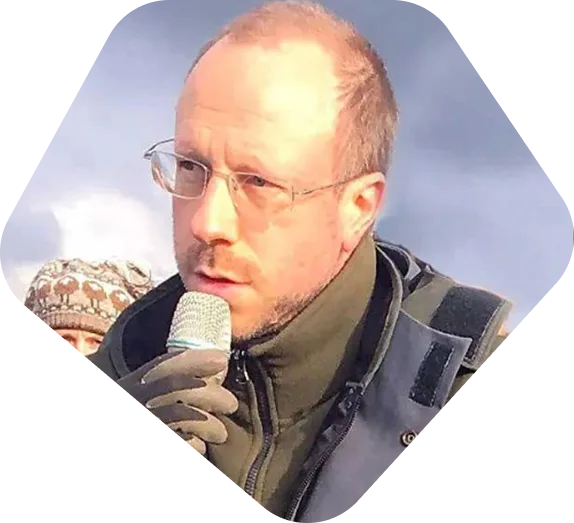
Niels Corfield
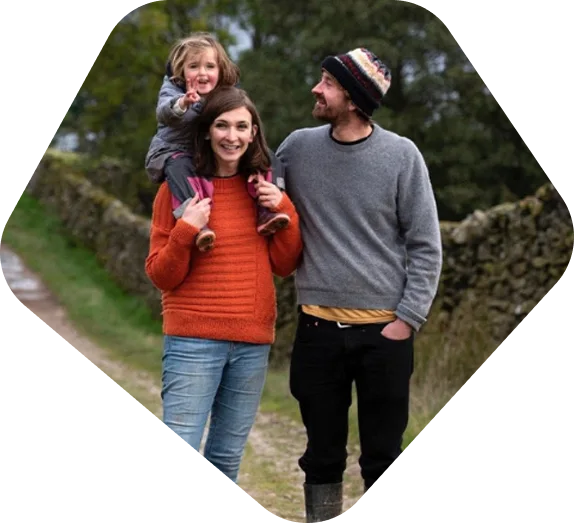
Sam & Claire Beaumont

James Daniel
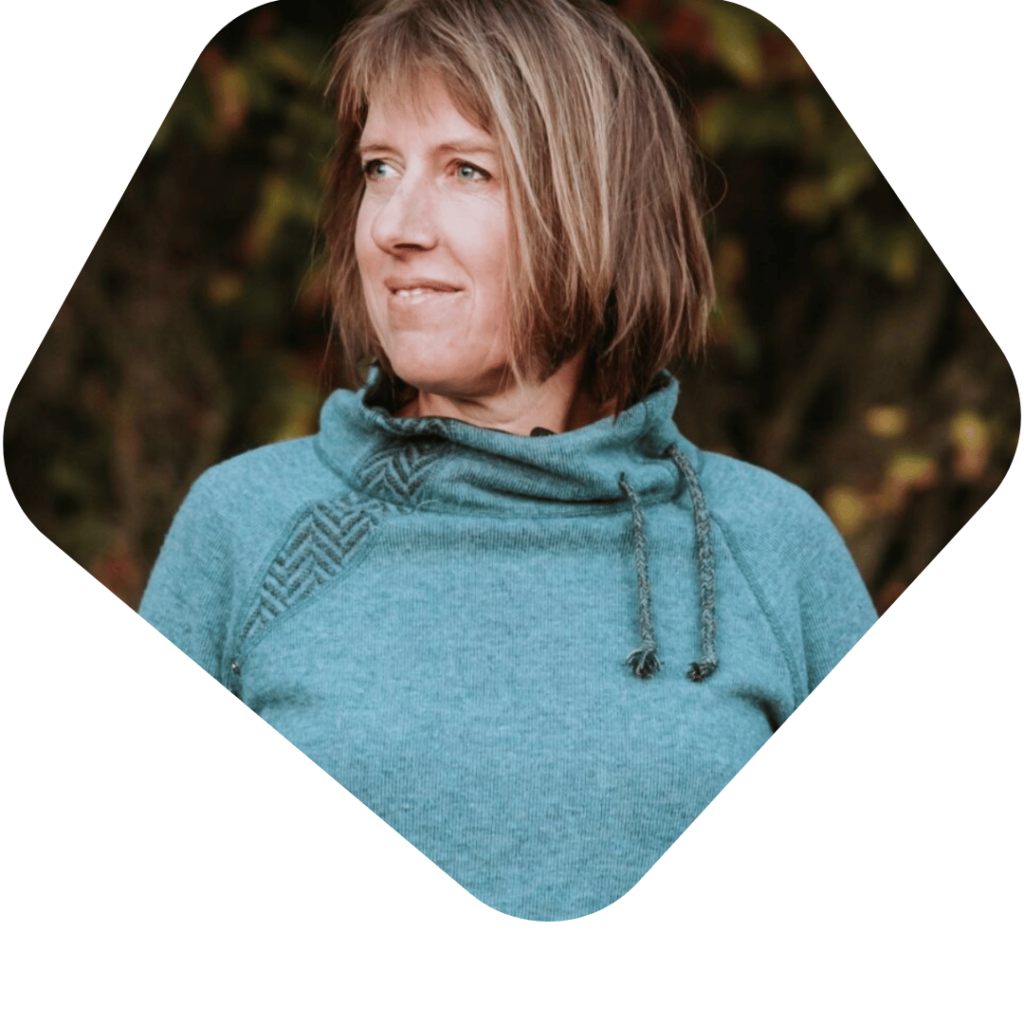
Georgia Wingfield Hayes
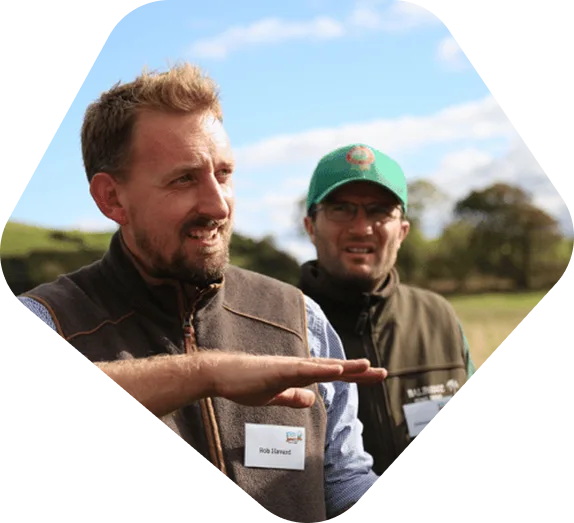
Rob Havard

Annie Rayner

Daniel Christian Wahl

Sue Prichard

Holly McCann
Regenerative Leadership Guide

Robin Alfred

Tamara Giltsoff
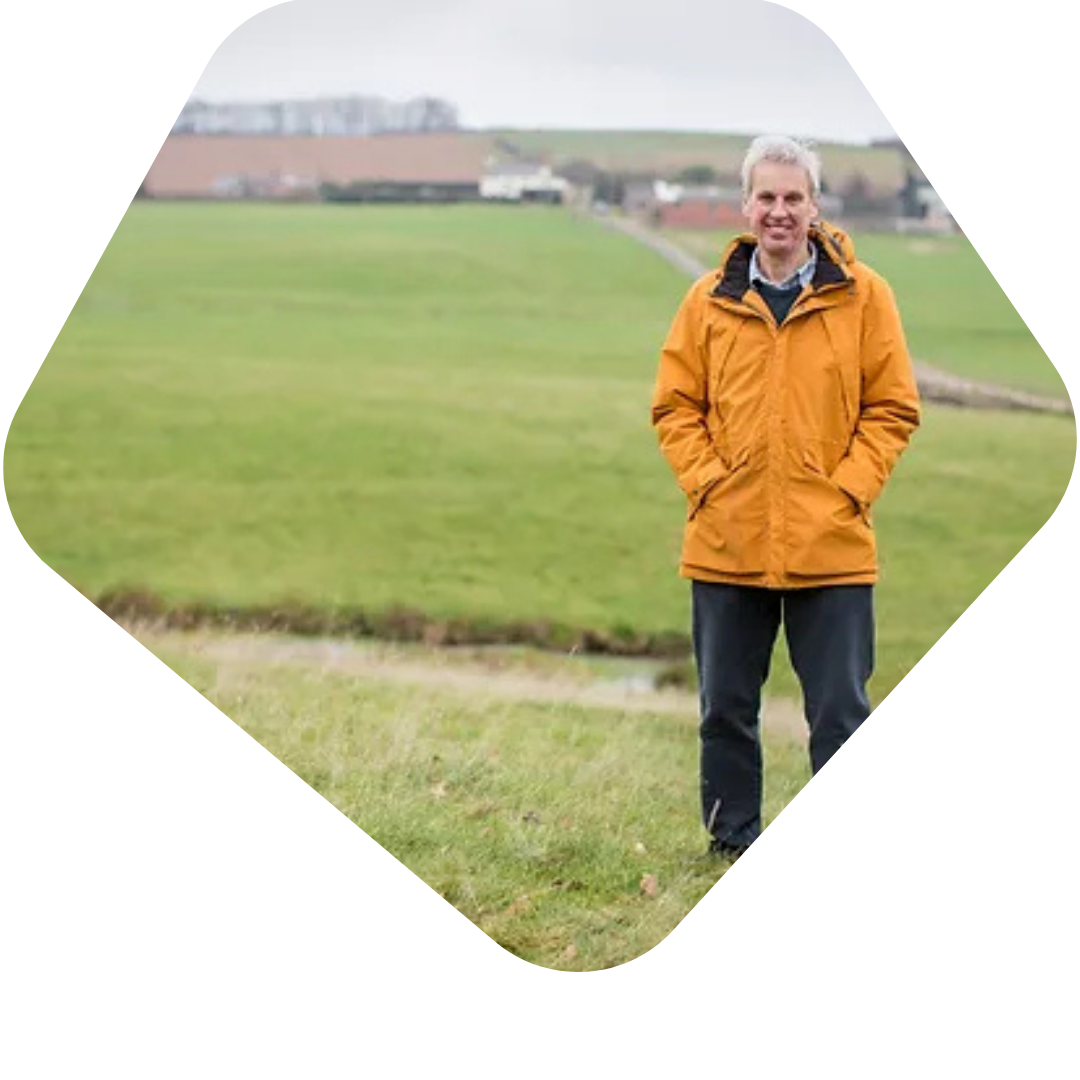
Graham Harvey
Author, Scriptwriter, Film maker, Storyteller

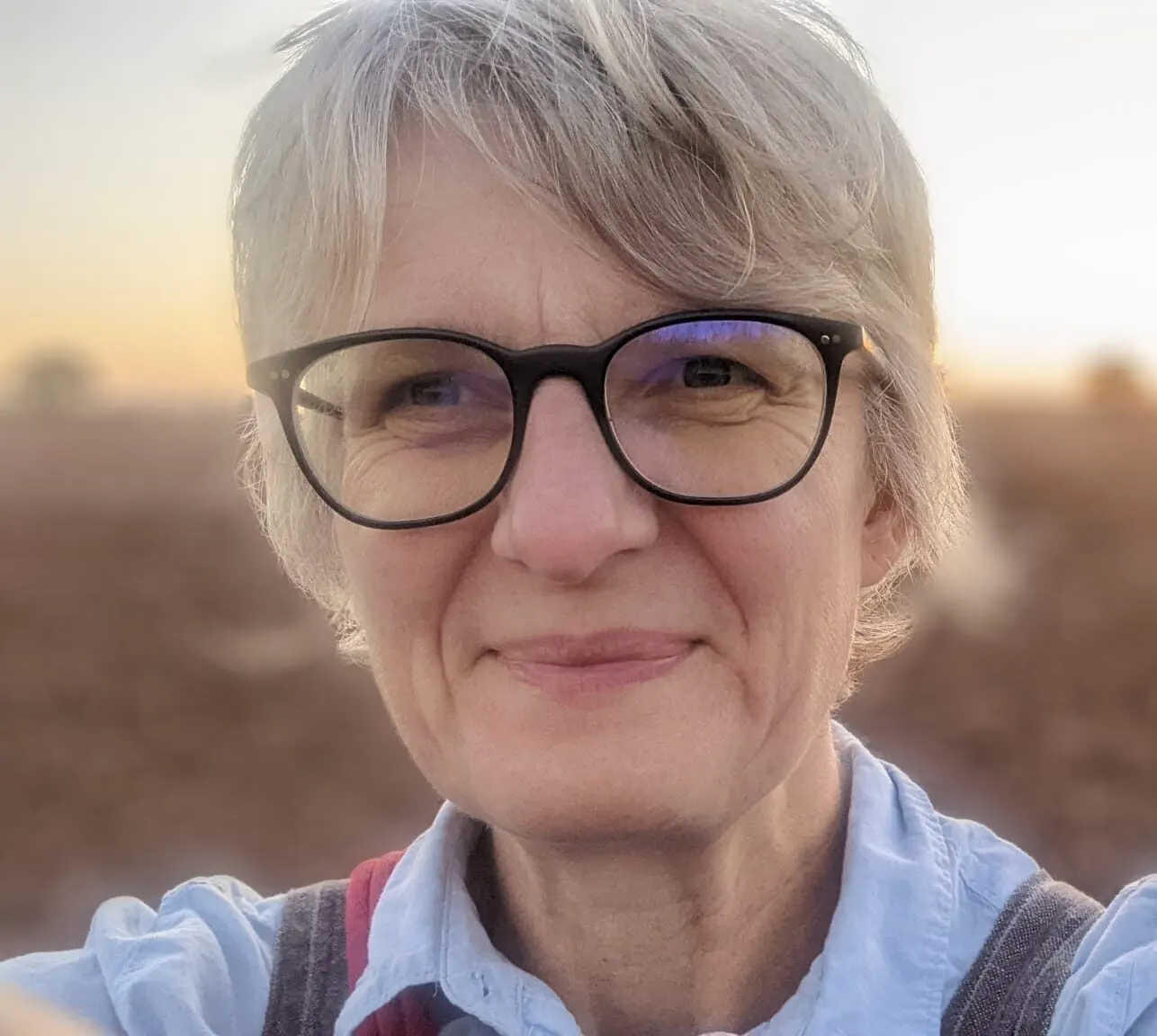
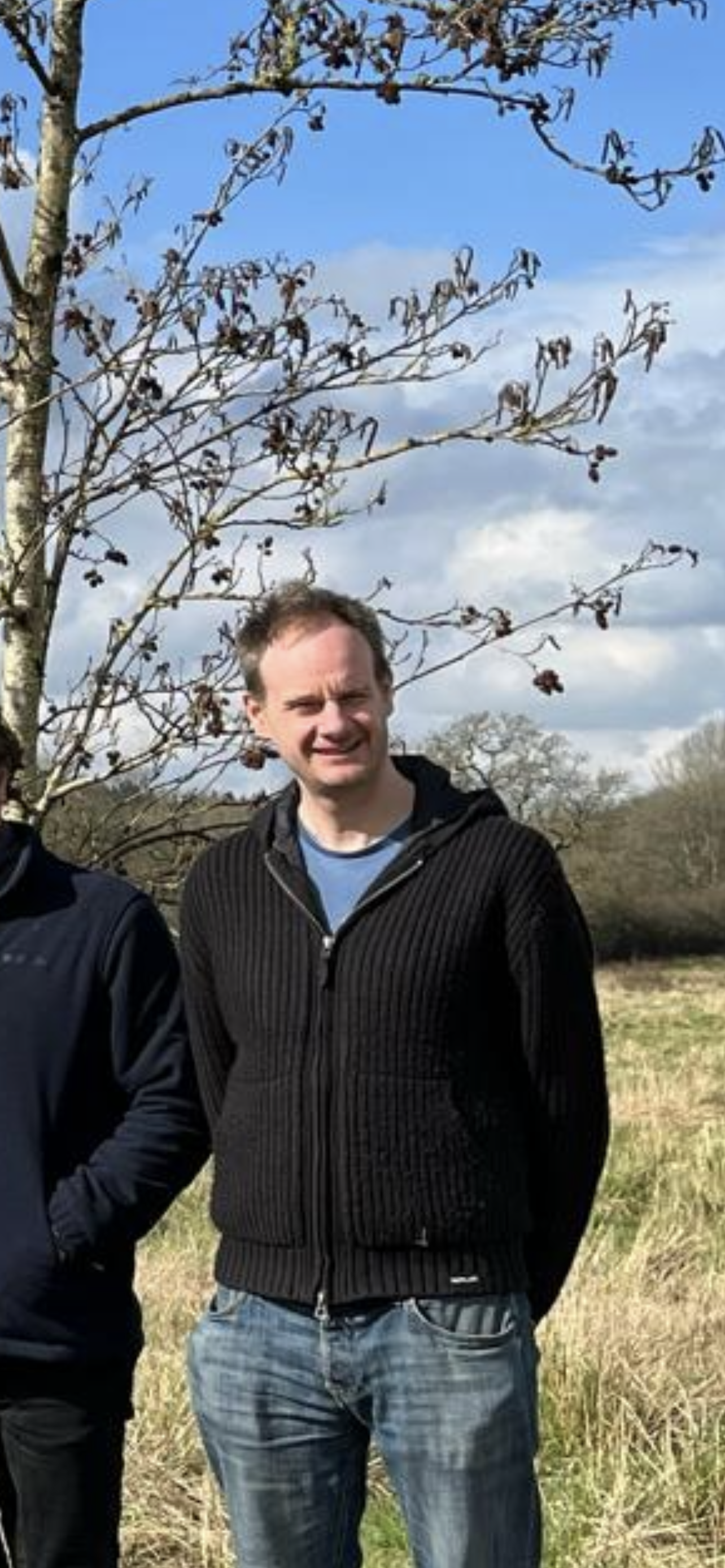

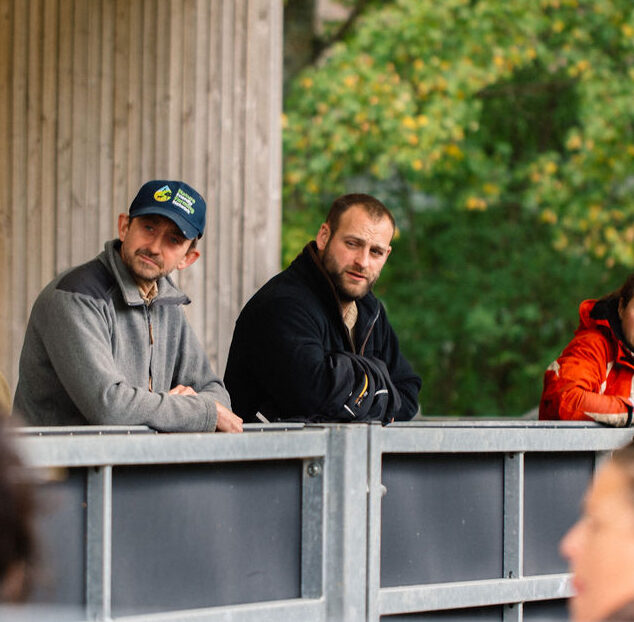
Join now for £9,979 plus VAT
There are a limited number of 50% bursary places available.
Our program offers a transformative and comprehensive experience.
We are confident that the majority of farmers will quickly recognise the return on their investment in both time and finances.
Due to the kind support of several funders we are able to offer several bursary places at a 50% discount. If finances pose a challenge for you, please let us now in your Consultation Call so we can explore available options.
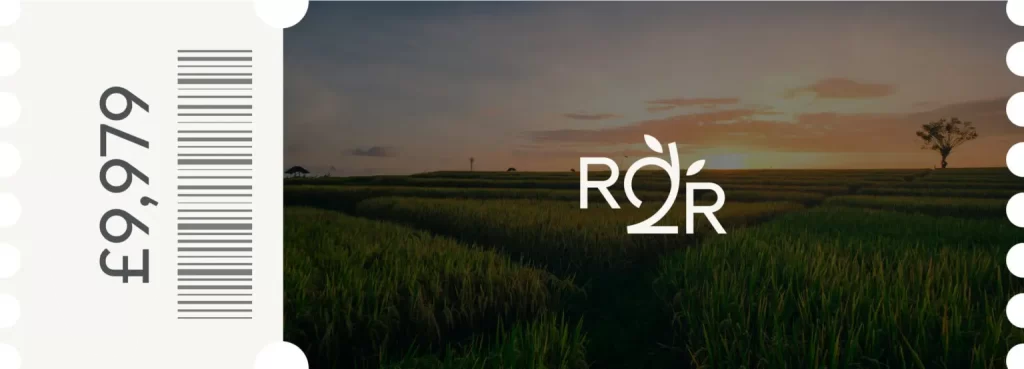
Enter your email for more details
Learn More
You will receive a series of emails covering all of the different aspects of the R2R program in detail, with next-step options.
Learn about our free webinars, prize funds, and bursary awards. No obligation – unsubscribe at any time.
This program is deeper and broader than any other regenerative agriculture training program on the market.
R2R is not for everybody, and to fully benefit from it, you must have an open mind, the capacity to undertake comprehensive online training, and the flexibility to attend in-person events.

Have you got questions?
If you have a specific question about the R2R program then please email us through the contact form below. We will reply as soon as possible.
Ready to Apply?
Apply
If you have done your research and are excited to be considered for the R2R program then you can complete the application form which includes the bursary application. Once we receive your form we will contact you to arrange an interview.

